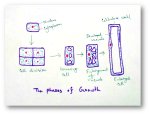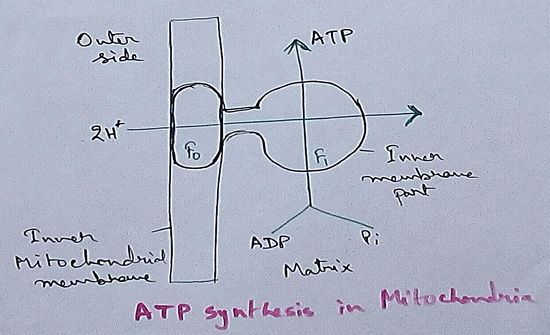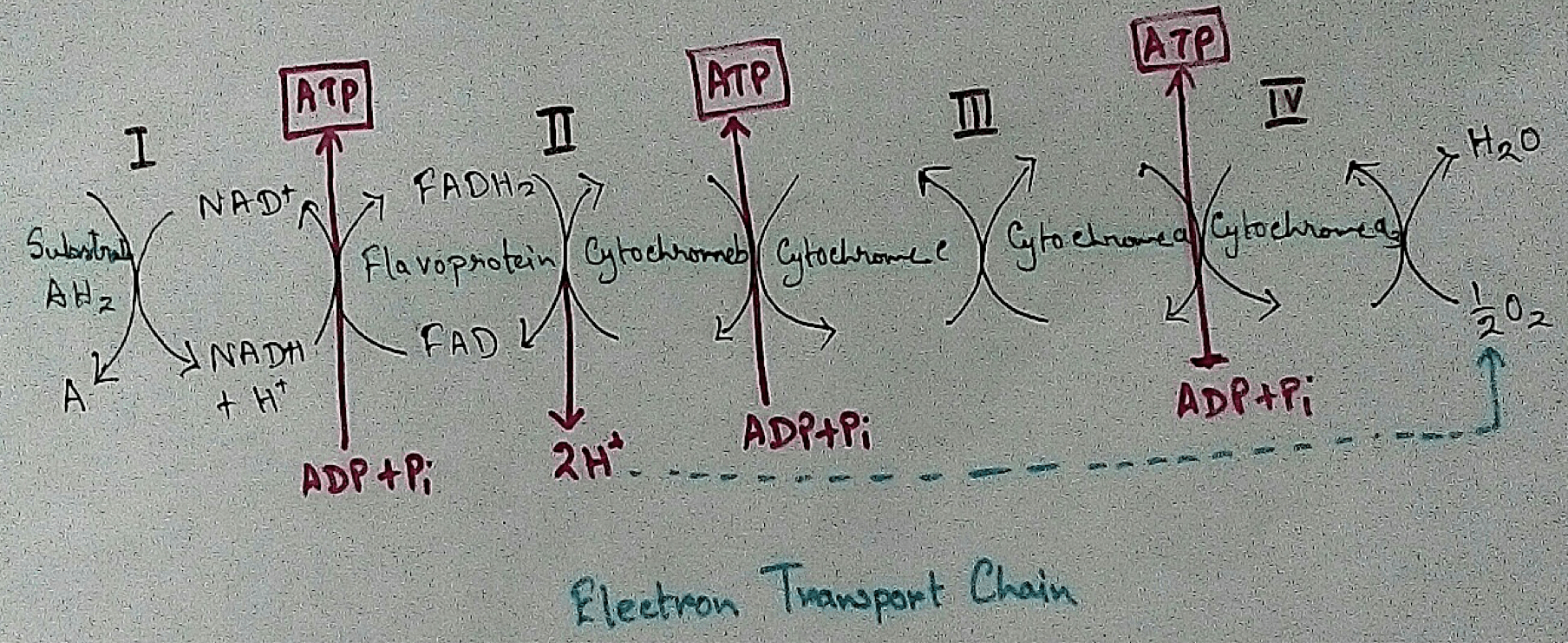Uses of the Four Forms of Future Tense
Future Tense pertains to actions that are proposed, planned, scheduled or expected to take place in the Future.
In simple terms, it means such actions have not yet taken place or shall take place at a later point in future.
The four forms of Future Tense are:
A. Future Simple / Future Indefinite Tense
This is used to indicate activities that shall be done in future.
Structure: Subject +will/shall+V1 (base form of the Verb).
Example: We shall watch a movie tomorrow.
Future tense is used to express the following contexts:
1. Either promises or predictions.
Example: It will snow in the winter.
2. A scheduled activity.
Example: The meeting will commence at sharp 6 p.m.
3. A patterned activity.
Example: The car will move when you turn on the ignition.
4. A Promise
Example: I shall help you with your homework.
5. As an Offer
Example: I shall make you a lemonade.
6. As a plan ( the phrase ‘going to’ is frequently used here in place of will/ shall)
Example: We are going to a picnic tomorrow.
7. Used along with time clauses such as - as soon as, when, before, after.
Example: I will come as soon as my husband comes home.
We shall leave when you call.
B Future Progressive / Future Continuous Tense
Future Tense is used to indicate ongoing actions that shall take place sometime in the future.
Structure: Subject +will/shall+be +V4.
Future Continuous Tense is used for the following purposes:
1. To express an activity that shall remain in continuation or process for some time in future.
Example: They will be arranging a dinner for you.
The workers shall be building an outhouse for the servants.
C. Future perfect Tense
This is used to indicate activities that will be completed at some point in the future or before the initiation of another activity, also in the future.
Structure: Subject + will/shall + have + V3.
It is used in the following contexts:
1. Activities that are scheduled to be completed at some time in the future.
Example: I shall have completed the project by today afternoon.
You will have eaten dinner by the time I come back home.
2. Actions that are scheduled to be completed before the start of another activity which shall take place in the future.
3. Example: They will have moved to London by this December.
We shall have refurbished our new house by the time of your next visit to India.
D. Future Perfect Progressive / Continuous Tense
This used to indicate an activity that shall end in some time in future after having continued for some time in the future.
Example: I shall have been living in New Delhi for 5 years by this December.
Structure: Subject + will/shall +have + been + V4.
Future perfect Continuous Tense is used in the following contexts:
1. To indicate the duration of the ongoing activities that shall continue for some time in future before being completed.
Example: This December, I shall have been working as a teacher for 25 years.
You will have been sleeping for 12 hours by the time I come back home.
English Grammar and Composition
From Different Uses of the Four Forms of Future Tense to HOME PAGE
Recent Articles
-
Explain about Growth in Plants |Definition of Growth & Differentiation
Feb 27, 25 02:07 PM
Growth is a permanent increase in length or volume of an organism that brought upon by an increase in its dimensions due to synthesis of new protoplasmic material. -
Definition of Respiratory Quotient | calculation | Application | Plant
Dec 02, 24 12:09 AM
Definition of respiration quotient- the ratio of the carbon-dioxide evolved to that of the oxygen consumed by a cell, tissue, plants or animals in a given time is called respiratory quotient. It is us… -
Amphibolic Pathway | Definition | Examples | Pentose Phosphate Pathway
Jun 06, 24 10:40 AM
Definition of amphibolic pathway- Amphibolic pathway is a biochemical pathway where anabolism and catabolism are both combined together. Examples of amphibolic pathway- there are different biochemical… -
Respiratory Balance Sheet | TCA Cycle | ATP Consumption Process
Feb 18, 24 01:56 PM
The major component that produced during the photosynthesis is Glucose which is further metabolised by the different metabolic pathways like glycolysis, Krebs cycle, TCA cycle and produces energy whic… -
Electron Transport System and Oxidative Phosphorylation | ETC |Diagram
Feb 04, 24 01:57 PM
It is also called ETC. Electron transfer means the process where one electron relocates from one atom to the other atom. Definition of electron transport chain - The biological process where a chains…




New! Comments
Have your say about what you just read! Leave me a comment in the box below.